The integration of Blockchain in supply chain management offers previously unattainable real-time visibility, transparency, traceability, and flexibility. Through the use of Blockchain technology, secure peer-to-peer transactions are facilitated, incorporating smart contracts to automate functions such as payments and order tracking.
Luke Evans, February 25, 2024, WashingtonIndependent.com
The business world is talking a lot about blockchain technology, which is changing the way of think about records and interactions. Blockchain is mostly linked with cryptocurrencies like Bitcoin, but it has big effects on many fields, such as supply chain management.
Because blockchain is decentralized, it allows for trust, visibility, and tracking in real-time at every step of the supply chain process. Let’s talk about blockchain in supply chain management.
Understanding The Basics Of Blockchain Technology
Blockchain technology creates a distributed digital ledger that keeps track of events safely and clearly. It was first released in 2008 as the core of Bitcoin, but it has since been used for many other things as well.
The blockchain is made up of blocks that are joined together to make a chain. Every block contains a list of actions that network nodes individuals have verified. It is impossible to change or remove a block that has already been added to the chain.
Decentralization is one of the most important things about blockchain technology. In contrast to traditional databases, which are usually run by a single organization, blockchain lets many people join the network and check transactions. This means that there isn’t one place where things can go wrong or make control impossible.
The safety of blockchain technology is another important thing about it. Cryptography makes sure that once data is added to the blockchain, it can’t be changed without the agreement of everyone in the network. This makes it very hard for hackers and other bad people to change data on the blockchain.







